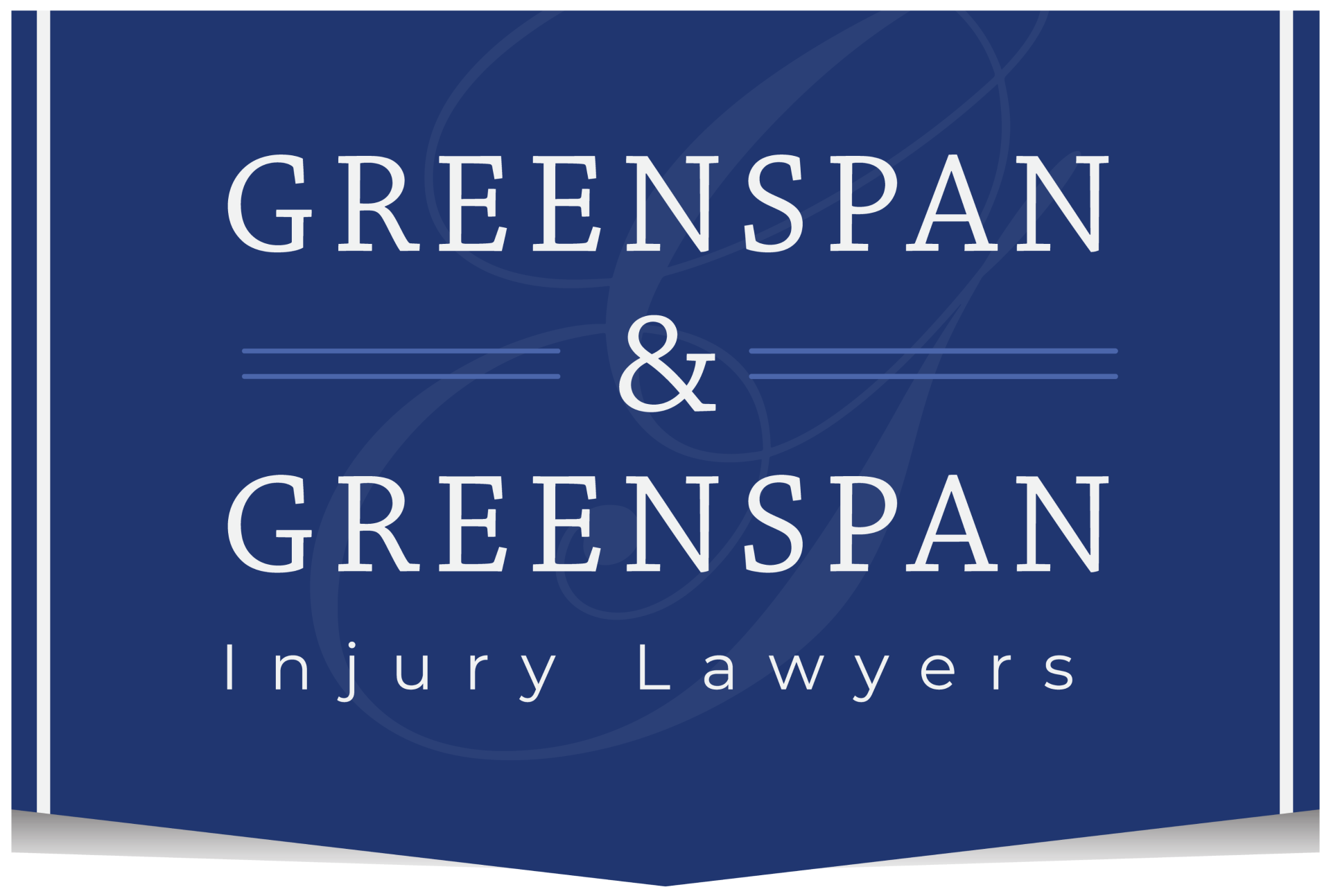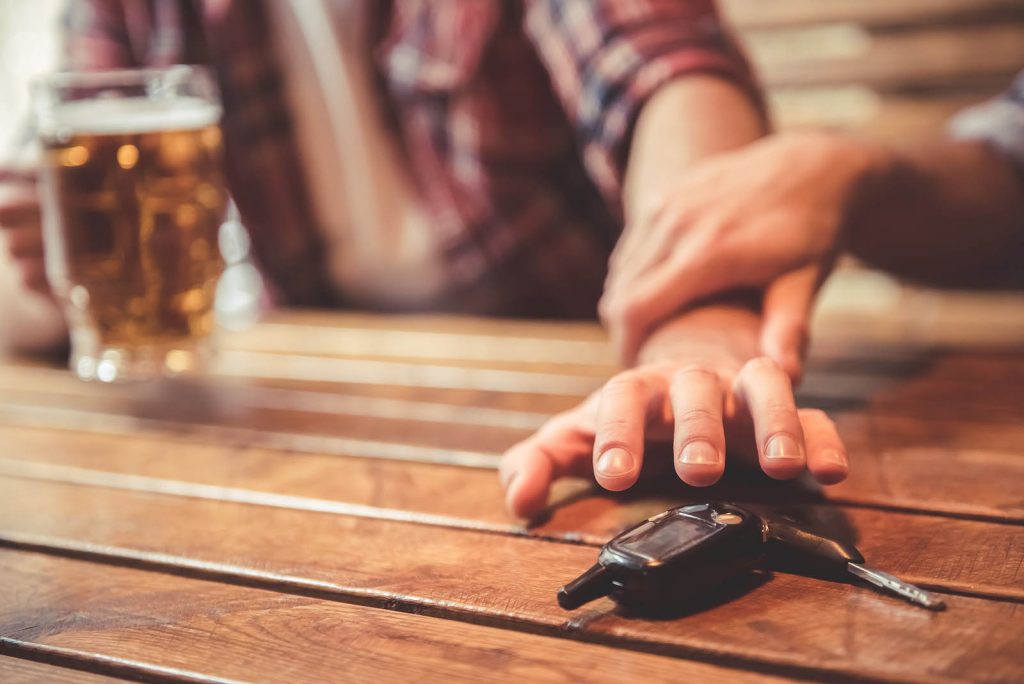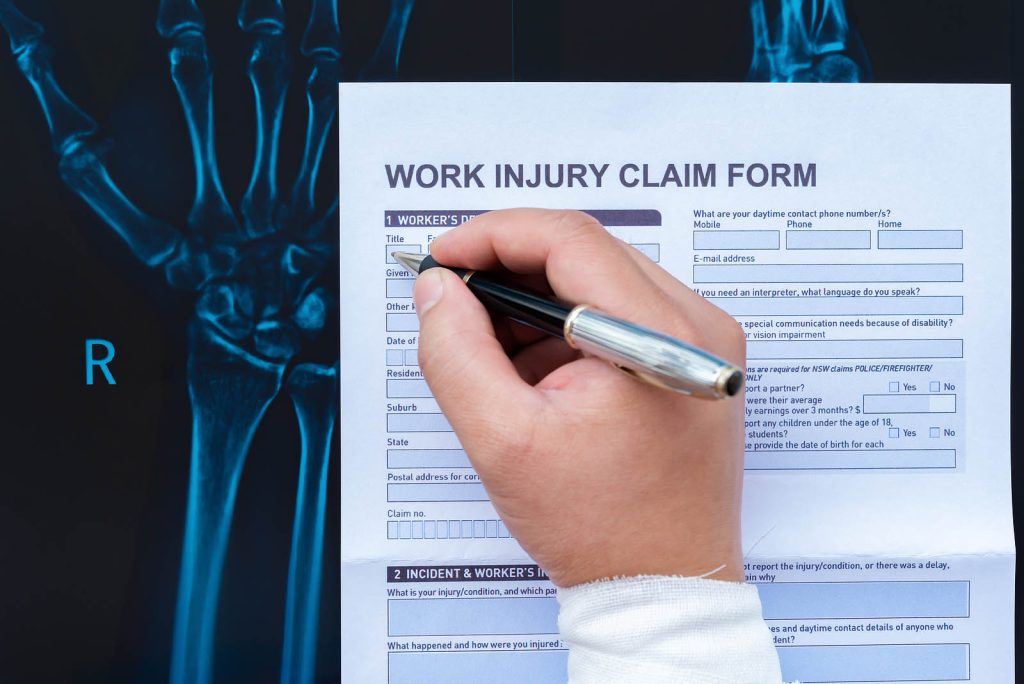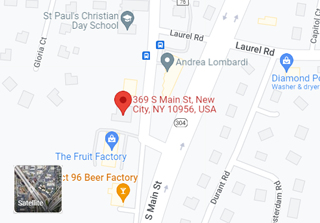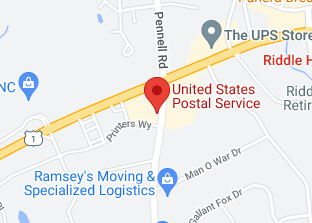If you’ve received a traffic ticket in New York, there are two possible ways to resolve it. Once you’ve received your ticket, you can plead guilty or not guilty. Not guilty pleas generally require a physical court appearance. You will also be required to appear in court for any traffic ticket classified as a misdemeanor rather than a traffic infraction. For help on how to fight a traffic ticket in NY reach out to an experienced attorney at Greenspan & Greenspan.
Please Note: We do not take traffic tickets in the Five Boroughs of New York City
How to Fight a Ticket in Courts Outside of New York City
Imprinted on the face of the ticket is the date and time that the court sets for you to have signed and returned your plea. This is known as a return date. Unless you are charged with a misdemeanor, the date set forth on the ticket is generally not a date for you to actually appear in court. If you have mailed in your plea of not guilty by the deadline, the Court Clerk will notify you of a date to appear in court for a pretrial conference. If you have pleaded guilty, the Clerk will notify you in writing of the fine and surcharge, if any.
Either way, you cannot ignore a traffic ticket. You must respond in writing with your plea.
If you fail to respond to the ticket by either pleading guilty, or timely pleading not guilty, or having submitted your plea and then fail to appear in court on your hearing date, or pay court-issued fines, the court may notify the DMV to suspend your license or registration. The process of fighting a ticket in court can be initiated in several ways. However, if you’re planning to plead not guilty, State Law only gives you 48 hours from when the ticket was issued to do so. Still, most courts give you a much longer period to respond. The ticket itself will provide the deadline to respond with your plea. In New York, you can plead in person or by mail. New York places a heavy burden on you to present your evidence that the ticket was wrongly issued. An attorney can help with the finer details of how to fight a ticket in court.
The Pretrial Conference
New York law provides you with the option of requesting what is known as a supporting deposition. This deposition comes from the officer who issued the ticket and provides greater insight into why you received your ticket. If you request this deposition within 30 days of the return date listed on your ticket, the court will compel the citing officer to provide it. You can request the supporting deposition by checking the box on the lower right corner of the ticket in Section B – Plea of Not Guilty.
The court will then schedule a date for you or your attorney to come to court for what is known as a pretrial conference. This is not a trial. Instead it is an opportunity to discuss the ticket with the prosecutor and attempt to work out a resolution of the ticket. Have one of our experienced traffic ticket defense lawyers appear at the conference for you. If there is a defense to the charge, our attorneys will present it and seek to have it dismissed. Otherwise, if the ticket is resolved at the conference, the judge will set the fine and impose a mandatory state surcharge. If no agreement is reached, the court will select a future date for you to come back to court for the actual hearing.
The Hearing
There is no right to a jury trial for a speeding ticket in New York. Instead, the judge will make the determination. At your hearing, you are innocent until proven guilty. There must be clear and convincing evidence that you committed the violation for you to be convicted. This is a different standard of proof than what would be required in a criminal prosecution.
During your hearing, a judge will listen to police officer testimony regarding why you received the ticket. Then you or your attorney will have the opportunity to question the citing officer. You are allowed to bring your own evidence and even witnesses in front of the judge. The judge has the right to question any witness brought for further details. You are also able to testify on your own behalf. However, it is not required, and you will not be penalized or convicted of the traffic violation for a failure to testify.
Once all the evidence has been presented, the judge will make their ruling of guilty or not guilty. A guilty finding may result in fines charged, court surcharges, and mandatory suspension or revocation of your license.
How to Fight a Speeding Ticket
The process for fighting a speeding ticket is the same as the process for fighting any other traffic violation. You must answer the ticket within the deadline listed on the ticket to avoid late penalties. You’ll then participate in a hearing, and a judge will determine whether the evidence proves that you committed the infraction. If you’re looking for answers on how to beat a speeding ticket in New York, your first step should be to talk to a speeding ticket attorney in your area.
How to Get a Ticket Off Your Record
There is no real way to permanently get a ticket off your driving record once you are found guilty. In New York, you have a lifetime driving record, which shows all information the DMV still has in its possession. This lifetime record is different from the driving record abstract. The driving record abstract in New York shows traffic accidents, traffic or traffic-related convictions, and any license revocations or suspensions. Unless your driving infraction or misdemeanor is dismissed by the court, it will remain on your driving record according to the following timelines:
- 3 years. Accidents and most traffic convictions are displayed until the end of the year the conviction occurred, plus three additional years.
- 4 years. License suspensions and revocations are displayed for four years.
- 5 years. Suspensions for chemical test refusal are displayed for five years.
- 10 years. Convictions for driving while ability impaired (DWAI) are displayed for ten years from the date of conviction.
- 15 years. Convictions for driving while under the influence of alcohol or drugs (DWI) are displayed for fifteen years from the date of conviction.
- Permanently. Serious convictions such as vehicular homicide can be displayed permanently.
Each traffic violation adds points to your license. If you accumulate 11 points or more within an 18-month period, your license could be suspended or revoked. To protect yourself and your license, you can take a defensive driving course to remove up to 4 points from your driving record during an 18-month period. You can only take a defensive driving course every 18 months for the DMV to reduce points. A defensive driving course will not erase violations from your lifetime record or your driving record abstract, but it can help you avoid losing your license.
Contact an Experienced Attorney to Help Fight a Traffic Ticket in Westchester County or Rockland County New York
The legal team at Greenspan & Greenspan has decades of experience helping clients avoid fines, increased insurance rates, and license suspensions. You have the right to contest an unfair ticket in court. Before paying your ticket and admitting guilt, call for a free traffic ticket consultation today.
